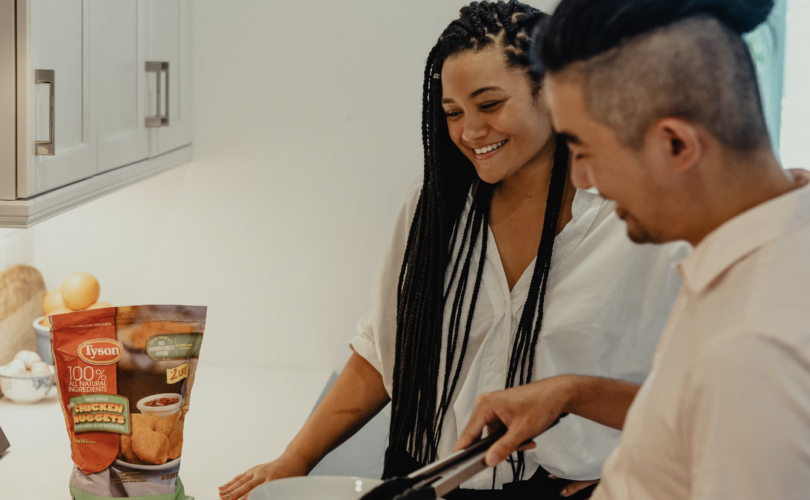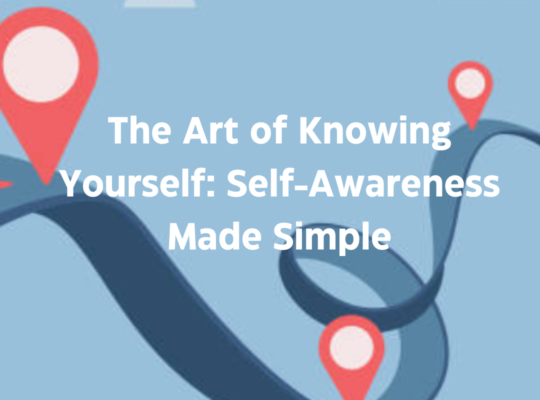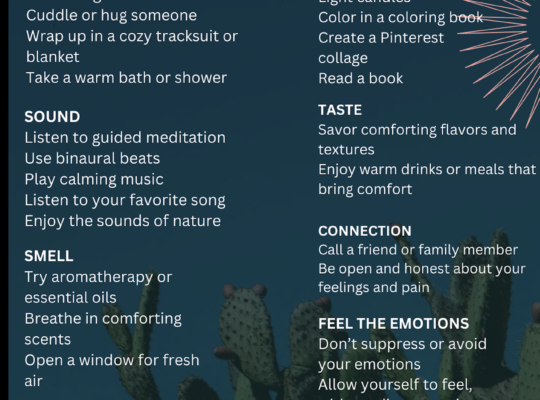
Relationship compatibility is more than just a buzzword. It’s the glue that holds couples together. But what exactly does it mean? It’s about having similar values, communication styles, emotional needs, and even goals. This doesn’t mean you have to agree on everything, but shared understanding and mutual respect are key to a long-lasting connection.
Relationship Compatibility: Understanding the Basics
At its core, relationship compatibility is about how well two people’s personalities, values, and life goals align. Research by Dr. John Gottman shows that couples who share similar values—whether that’s about family, money, or future plans—tend to have stronger relationships. But it’s not just about having the same opinions. It’s about respecting each other’s differences and finding common ground.
Relationship Compatibility: The Power of Communication
One of the biggest factors in compatibility is communication. Couples who can talk openly and honestly about their feelings, desires, and issues tend to have stronger bonds. When partners communicate effectively, they can solve problems more efficiently and reduce misunderstandings. Listening with empathy and understanding is essential for building a healthy relationship.
Relationship Compatibility: Emotional Support and Trust
Emotional support is crucial in any relationship. When both partners feel safe to express their vulnerabilities, it builds trust and emotional intimacy. John Bowlby in Attachment theory argued that early relationships with caregivers shape our emotional bonds in adult relationships. Couples with secure attachment styles tend to be more emotionally attuned to one another, leading to a deeper connection.
Relationship Compatibility: The Role of Shared Goals
Having shared goals is another pillar of compatibility. When both partners have similar life goals, whether it’s career ambitions or the desire to start a family, they are more likely to support each other’s dreams. Research from Dr. Stanley and Dr. Markman indicates that couples who align their long-term goals report higher levels of relationship satisfaction. However, it’s not just about agreeing on the big picture; it’s also about aligning daily habits and routines.
Relationship Compatibility: Personality Matters Too
When it comes to compatibility, personality plays a big role. Dr. John Gottman and Dr. Robert Levenson found that couples with similar personality traits—such as openness or conscientiousness—tend to have stronger and more lasting relationships. But it’s not all about being the same. Sometimes, opposites attract. The key is to understand and appreciate how different personality traits can complement one another.
Relationship Compatibility: The Balance of Physical and Sexual Chemistry
While emotional and psychological compatibility are important, don’t forget about physical and sexual compatibility. The “chemistry” between partners is just as essential. Studies by Helen Fisher says that sexual attraction and physical intimacy are integral to maintaining a strong emotional connection in relationships. When partners have matching desires or are willing to communicate openly about their needs, the relationship thrives.
Relationship Compatibility: How to Nurture It Over Time
Relationship compatibility isn’t static; it changes as you both grow and evolve. Couples need to adapt to each other’s growth, needs, and desires. Dr. Sue Johnson, a big name in Emotionally Focused Therapy (EFT), suggests that relationships thrive when both partners stay emotionally responsive and open to change. Regular check-ins, open conversations, and shared activities help strengthen compatibility over time.
Is Your Relationship Compatible?
So, how can you tell if your relationship is compatible? It’s all about respect, communication, trust, shared values, and the willingness to grow together. If you’re in a relationship where you both feel heard, valued, and supported, chances are, your compatibility is solid. But if you’re noticing persistent issues, it may be time to have those hard conversations and assess how well you align.
Remember, compatibility isn’t about being perfect. It’s about understanding each other’s differences and making the effort to connect on a deeper level. If you need help navigating your relationship, couples therapy can be a great resource for building better communication and understanding.
Reflect on your relationship and check if these compatibility factors align with your own partnership. If you’re unsure, consider relationship counseling!








[…] mean something is wrong; it means you’re human. But how we handle it can make or break a connection. Arguments usually start when needs clash, communication breaks down, or emotions run high. It […]
[…] empathy in relationships a shared goal. Try exercises like “mirroring,” where one partner talks and the other repeats what they heard. […]
[…] dependency in relationships involves relying heavily on your partner for validation, comfort, and a sense of self. While this dynamic might seem manageable within a relationship, it […]
Glue Dream strain Very well presented. Every quote was awesome and thanks for sharing the content. Keep sharing and keep motivating others.
[…] modern relationships are blending traditions with personal needs. Maybe you grew up seeing love as acts of service but […]